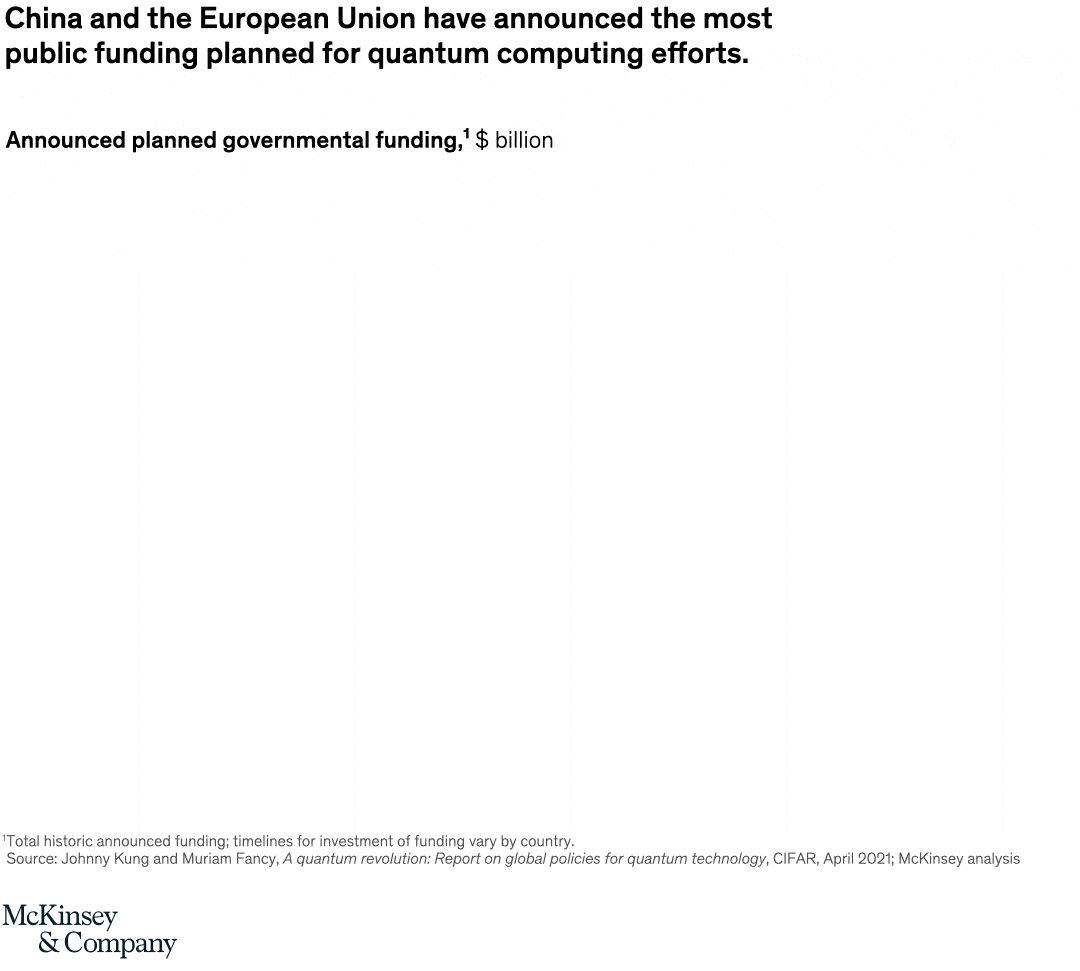
2023 Will See Renewed Focus on Quantum Computing
2022 was a large 12 months for quantum computing. Over the summer, the Countrywide Institute of Specifications and Technology (NIST) unveiled four quantum computing algorithms that finally will be turned into a final quantum computing normal, and governments all over the world boosted investments in quantum computing. 2023 might be the 12 months when quantum lastly steps into the limelight, with companies preparing to commence the course of action of utilizing quantum computing technologies into current methods. It will also be the calendar year to start out having to pay consideration to quantum computing-dependent attacks.
“In 2023, we are going to see both equally the non-public and public sector’s elevated recognition about the difficulties related with quantum resilience, and we’ll see efforts start off to take keep more considerably to prepare for quantum computing,” suggests CISO (ISC)2 Jon France.
McKinsey not long ago mentioned the amount of money of revenue unique international locations have allocated for quantum computing to date. China prospects the pack with $15.3 billion in community money in quantum computing investments. The European Union governments combined have invested $7.2 billion, which dwarfs the US with $1.9 billion.
That doesn’t suggest the US has been standing continue to. A essential effort — the record of four NIST-permitted algorithms (CRYSTALS-Kyber, CRYSTALS-Dilithium, FALCON, and SPHINCS+) — will support companies upcoming-evidence recent facts stability measures in opposition to harvest-now/decrypt-later (HNDL) assaults. These attacks refer to adversaries hanging on to encrypted products until finally a time when quantum computing technological innovation that can decrypt them become readily available. And final thirty day period, US president Joe Biden signed the Quantum Computing Cybersecurity Preparedness Act (HR 7535) into law to give the Business of Management and Spending plan authority to begin utilizing NIST-accepted quantum algorithms all over the government branch.
The new regulation highlights the significance of utilizing quantum computing systems into existing systems now, but it won’t handle the requirement of checking for threats, claims Yudong Cao, co-founder and CTO of Zapata Computing. “We should be actively monitoring the threat by sponsoring cybersecurity research routines into many strategies, exact or heuristic, for compromising the present-day encryption techniques,” Cao states.
There is also a ton of expenditure activity in the personal sector, with startups centered on quantum technologies gathering $1.4 billion in funding in 2021 on your own, according to McKinsey. Practically 50 {5376dfc28cf0a7990a1dde1ec4d231557d3d9e6448247a9e5e61bb9e48b1de73} (49{5376dfc28cf0a7990a1dde1ec4d231557d3d9e6448247a9e5e61bb9e48b1de73}) of those non-public investments are in providers in the United States, in contrast to just 6{5376dfc28cf0a7990a1dde1ec4d231557d3d9e6448247a9e5e61bb9e48b1de73} in China, the analysts noted.
“Making cyber resilience in planning for quantum technologies really should have been an energy began a decade ago … but now is the 2nd greatest time,” France says. Nonetheless, for both of those personal and general public-sector businesses, the course of action of building infrastructure “quantum-resilient” will be a difficult and gradual 1.
“Substantially of the encryption infrastructure in interaction networks that keeps info safe and sound now is deeply embedded, i.e., certificates, and will just take many years to transition to quantum resilient algorithms, posing a timeline concern for changeover right before the basic availability of quantum computing,” France says.
In a recent survey by Deloitte, enterprises claimed that with no exterior force — these types of as regulatory and compliance prerequisites — they will not be prioritizing quantum safety initiatives.
